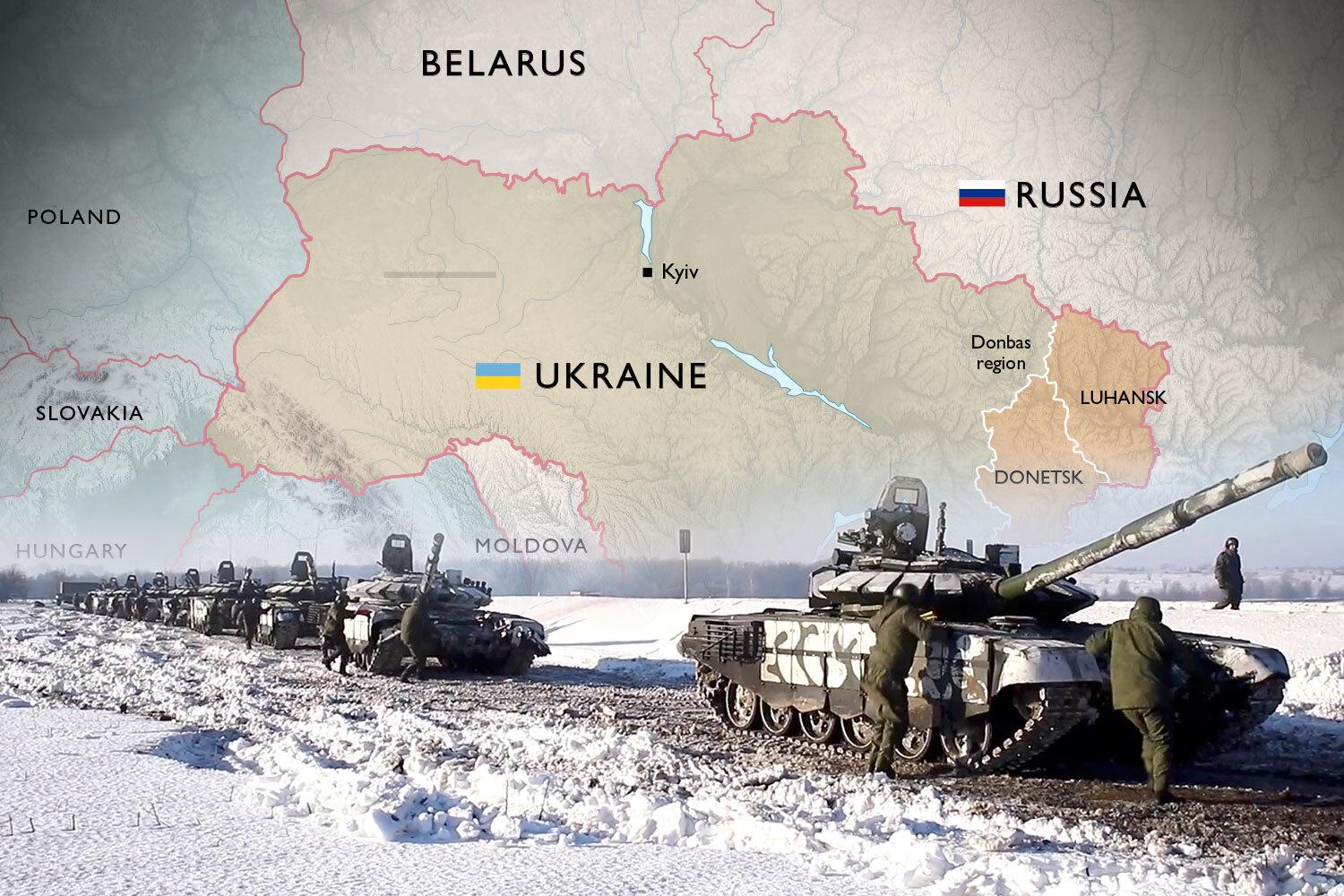The Russia-Ukraine conflict’s impacts on Vietnam
As Vietnam's role in international trade increases, accounting for 1.8% of global exports (as forecasted by Dragon Capital), economic sanctions due to the Russia-Ukraine crisis could affect Vietnam.

The influence of the Russia-Ukraine conflict on Vietnam's trade is very limit ed.
Trade impacts
Trade between Vietnam and Russia and Ukraine accounts for a negligible proportion of the total trade value, at 1% and 0.1%, respectively. Vietnam imports primarily fertilizers ($150 million), iron and steel ($500 million), coal ($500 million), and agricultural goods ($500 million) from these two countries, while exporting mobile phones ($1,230 million), textile products ($480 million), and electronic equipment ($640 million).
Mr. Nguyen Quang Hung, Chief Economist of Daragon Capital Investment Fund, said these trade values are small compared to Vietnam's total trade value of $668 billion in 2021. Therefore, the influence of the Russia-Ukraine conflict on Vietnam's trade is very limit ed.
Impacts on the global supply chain
Although the direct impact of the Russia-Ukraine crisis is negligible, Vietnam may not completely avoid the negative consequences of this crisis when the global supply chain is disrupted, especially for the export of electrical and electronic products.
"Russia and Ukraine are two major suppliers of nickel, neon, krypton, aluminum, and palladium, which are important materials for the production of components for electronic devices. Therefore, any restriction or disruption in the supply of Russian goods could disrupt the electronic production chain", Mr. Nguyen Quang Hung said.
Although Vietnam does not import these materials directly from Russia and Ukraine, it buys them from South Korea, Japan, and Taiwan. In 2021, Vietnam imported $59 billion in machinery, telephones, and electronic equipment from these markets, which accounted for 17.6% of the total import turnover.
"These East Asian countries have voiced their support for Western sanctions against Russia and may impose some restrictions on trade with Russia. Therefore, these sanctions may indirectly affect Vietnam, Mr. Nguyen Quang Hung forecasted.
Trade deficit
For the past four years, Vietnam has been a net importer of petroleum and oil products, with a value of nearly $6 billion annually. When the price of oil rises, the value of net imports will also increase. "We forecast Vietnam’s 2022 trade balance to have a surplus of $13.2 billion, assuming an average oil price of $85/bbl. However, in the scenario where the oil price reaches $100/barrel on average in 2022, the trade surplus could decrease to $12 billion, equivalent to about 7% of the impact of the high oil price", Mr. Nguyen Quang Hung said.
Inflation under control
The Russia- Ukraine conflict may affect the global commodity market, causing the price of Brent oil to rise, thus affecting Vietnam's inflation. Currently, gasoline products contribute 3.6% and transportation services account for 9.7% of Vietnam's CPI basket.
Since the beginning of the year, the price of Brent crude oil has increased by 27.2%. The next move in oil prices will depend on some factors, including the development of the conflict in Ukraine and the progress of the Iran nuclear deal. According to JP Morgan, there are 3 possible scenarios that will have an impact on oil prices: Crude oil prices will rise to $105/barrel if Russia takes retaliatory measures and the deal with Iran fails; $100/barrel in the case of an agreement with Iran; and $88/barrel in the case of no geopolitical risks and an agreement with Iran.
Based on the above 3 scenarios, Mr. Nguyen Quang Hung predicts the impact of world oil prices on headline inflation will be 0.65%, 0.3%, and 0.08%, respectively, compared to the current forecast.
The impact of rising world oil prices on Vietnam's inflation may not be too great because domestic gasoline prices and world oil prices are not always moving in the same direction. Vietnam's fuel price currently includes many taxes (import tax, environment tax) as well as other price stabilizing factors. In addition, to keep inflation below the National Assembly target of 4%, the government can take a number of measures to control prices.
First, the government provides financial support to the refinery and petrochemical companies to help deal with some temporary difficulties and bring capacity back to normal.
Second, the Ministry of Industry and Trade and related ministries plan to auction 100 million liters of RON-92 gasoline from the national reserve this month to increase domestic supply.
Third, the Prime Minister also asked the Ministry of Finance to consider reducing the environmental tax on gasoline.








